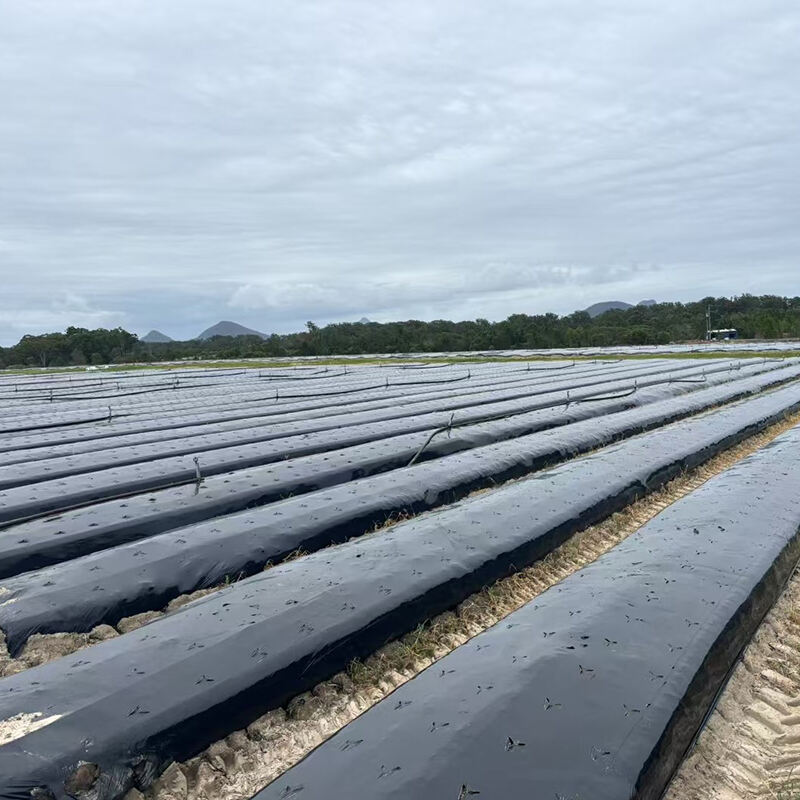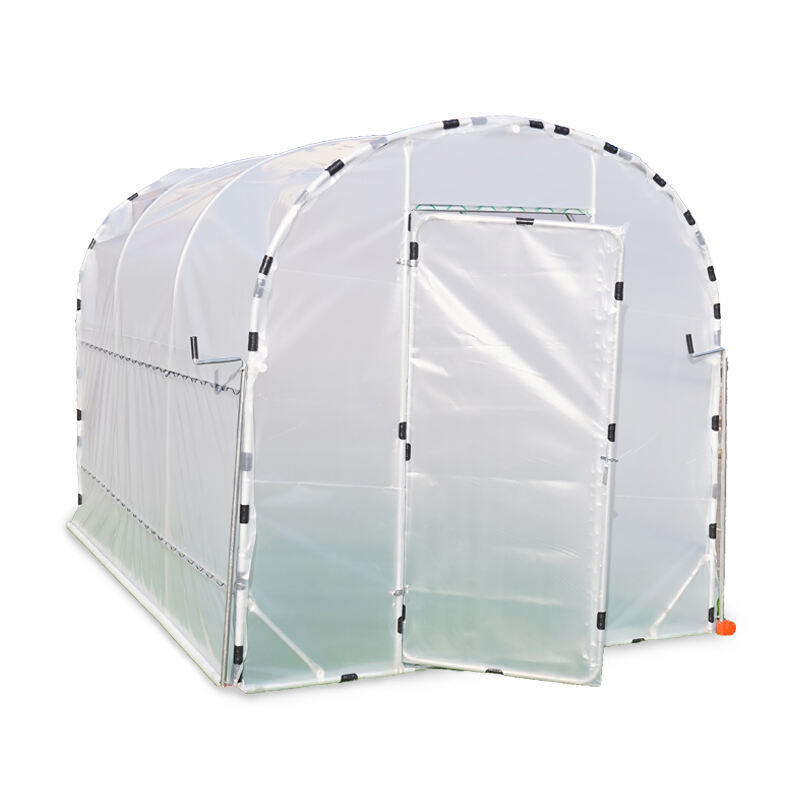silage bags for green fodder
Silage bags for green fodder represent a revolutionary advancement in agricultural storage solutions, offering farmers and livestock operators an efficient method to preserve feed quality. These specialized bags are engineered using multiple layers of high-density polyethylene material, providing exceptional protection against environmental factors while maintaining optimal fermentation conditions. The bags feature UV protection technology that shields the contents from harmful solar radiation, ensuring extended storage periods without quality degradation. The design incorporates an innovative oxygen barrier that promotes anaerobic fermentation, essential for producing high-quality silage. Available in various sizes ranging from small operations to large-scale industrial applications, these bags can accommodate different chopped forage materials including corn, grass, and other green fodder types. The bags utilize a specialized sealing system that prevents air infiltration and maintains the ideal environment for proper fermentation. Advanced manufacturing techniques ensure uniform thickness and strength throughout the bag, reducing the risk of tears or punctures during filling and storage. The material composition also includes antioxidant properties that extend the bag's service life and protect the stored fodder from deterioration.


